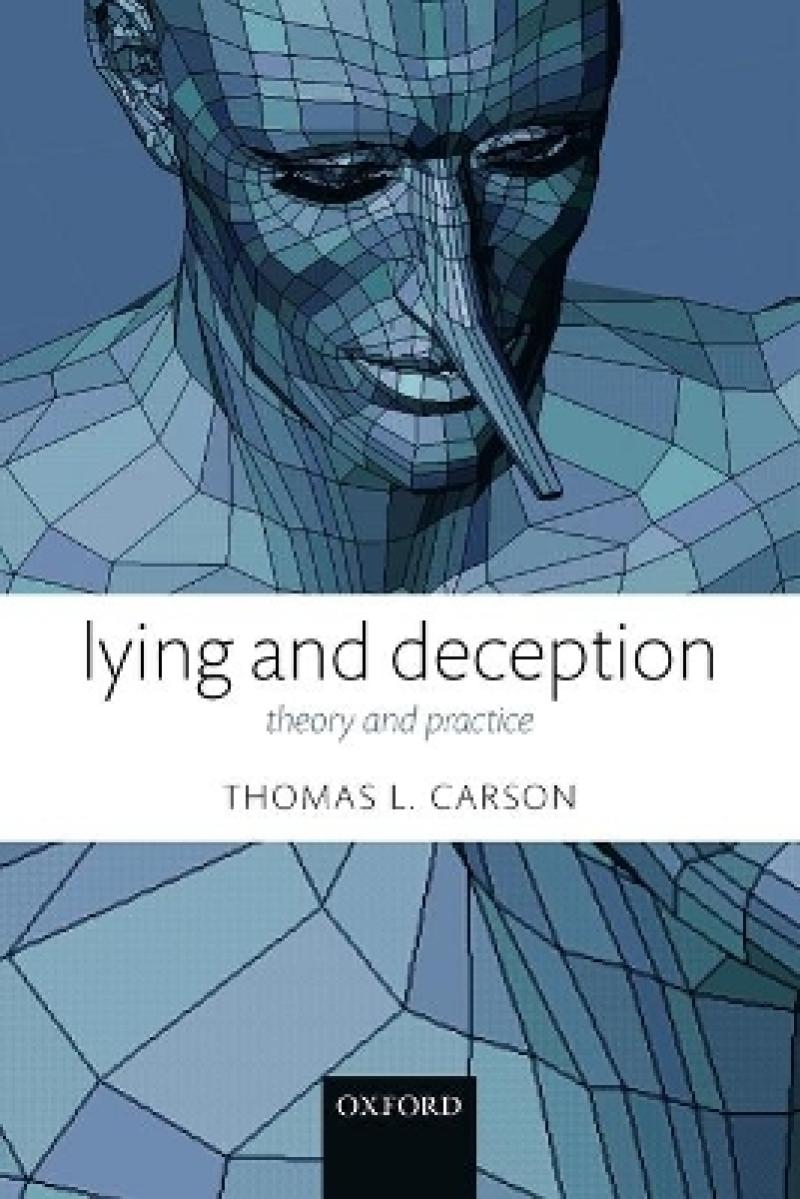I think that Carson's analysis comes very close to capturing the normative element of lying ... Carson has produced an excellent work that combines conceptual analysis, moral theory, and applied philosophy. Anyone interested in lying and deception from any of these philosophical perspectives should read this book. Moreover, Carson is right to emphasize the conceptual and moral importance of warranting the truth of what you do not believe.
Don Fallis, Mind
The book is well organized and carefully and subtly argued. Carson is grounded in both philosophical scholarship and intellectual history. The book moves from theory to application and opens areas of applied ethics not often discussed ... the book is also rich with stories and examples and in some places it soars as with the discussion of the Iraq war. Lying and Deception deserves to be widely read as Carson has threaded years of scholarship on this topic into a rich and coherent account. Two thumbs up!
Norman Bowie, Business Ethics Quarterly
I cannot here do justice to Carson's defense of the Golden Rule... nor to his application of his definitions and moral arguments to the range of issues considered in the final chapters... This book is important insofar as it is a lengthy treatment of a topic that is too often relegated to parts of books or articles. Thankfully, this situation is changing, and Carson has done much to bring about this change.
James Mahon, Notre Dame Philosophical Reviews
Carson makes the strong case that honesty in the negative sense is a virtue in ordinary circumstances, while in the positive sense it often is not... Anyone with a philosophical interest in the concept of lying will find Carson's book rewarding, and it is necessary reading for those interested in the subtle distinctions between lying and its related terms.
Eleni Kaklamanou, Journal of Applied Philosophy
